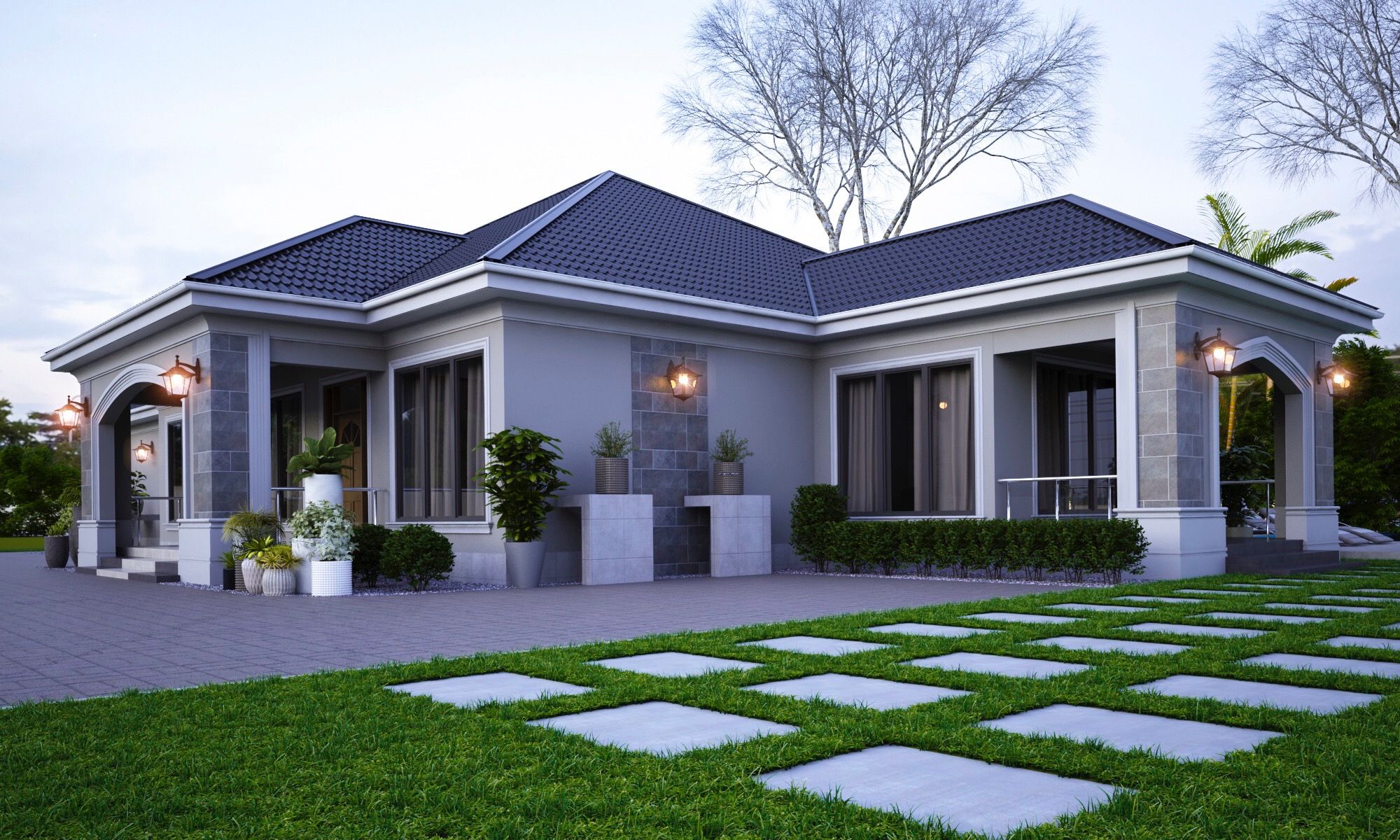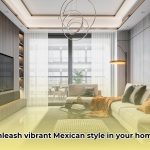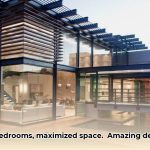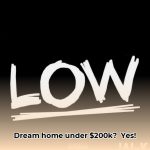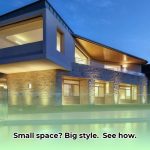Bungalow house designs are experiencing a surge of popularity in Nigeria, striking a perfect balance between affordability, comfortable living, and stylish aesthetics. But what truly distinguishes an exceptional bungalow from an ordinary one? Let’s explore the essential elements, from layout and design to the cultural influences that make these homes uniquely Nigerian.
Best Bungalow House Designs in Nigeria
Embracing Simplicity and Practicality
Nigerian bungalows are all about straightforward design, practicality, and budget-friendly living. Imagine moving effortlessly through your home without encountering a single stair – that’s the beauty of a bungalow! This single-story design is ideal for those who prioritize easy navigation and low-maintenance living. Their affordability further adds to their appeal, making homeownership a reality for many Nigerians.
Making the Most of Space and Flow
Picture a spacious 4-bedroom bungalow that feels open and breezy, yet still incorporates generous living spaces. This is the magic of a well-designed bungalow! The absence of stairs not only enhances convenience but also creates a seamless flow, inviting relaxation and enjoyment in every corner.
Where Tradition Meets Tomorrow’s Trends
Nigerian bungalow designs beautifully weave together traditional elements and modern innovations. Locally-sourced materials like warm wood and vibrant textiles blend seamlessly with sleek, contemporary lines. Beyond aesthetics, these homes often embrace eco-friendly construction, demonstrating a commitment to cultural heritage and environmental responsibility.
Digging a Little Deeper:
- Living Green: Nigerian bungalow designs are increasingly incorporating sustainable practices, utilizing eco-friendly materials and energy-efficient construction methods. This approach creates homes that are healthy for both residents and the environment.
- Honoring Heritage: Traditional Nigerian bungalows draw inspiration from rich cultural roots and boast a unique aesthetic appeal. These homes tell a story, celebrating the country’s heritage and architectural ingenuity.
- Smart Homes, Sustainable Living: Imagine a bungalow outfitted with cutting-edge smart home technology, seamlessly integrated with renewable energy sources like solar power. This is about more than just convenience; it’s about future-proofing homes and aligning with a sustainable lifestyle.
What are the different types of bungalow house designs in Nigeria?
Now, let’s explore the diverse world of Nigerian bungalow styles. Each type possesses a unique personality, ready to match your vision and lifestyle.
1. Traditional Nigerian Bungalow: A Blast from the Past
Traditional Nigerian bungalows exude a timeless charm. They often feature a rectangular shape and a central courtyard, serving as an open-air living room for family gatherings. These homes embrace nature, incorporating thatched or clay tile roofs and walls adorned with vibrant murals or intricate carvings. It’s like residing in a living piece of art!
2. Modern Nigerian Bungalow: Where Chic Meets Comfort
Modern Nigerian bungalows offer a contemporary take on tradition, emphasizing sleek lines, open spaces, and an abundance of natural light. Large windows and sliding doors connect the interior with the surrounding garden, blurring the lines between indoor and outdoor living. Flat or gently sloping roofs and calming, neutral color palettes create a sense of serenity.
3. Colonial Bungalow: A Touch of History
Colonial bungalows stand as a testament to enduring architectural design. They boast symmetrical layouts with a central grand entrance, flanked by elegant windows and spacious verandas—perfect for enjoying a cup of tea while taking in the fresh air. Their roofs often exhibit classic gables or hips, while the walls typically feature a clean coat of white or cream paint.
4. Contemporary Bungalow: The Best of Both Worlds
Contemporary bungalows artfully merge the best of traditional and modern styles. They prioritize functionality, featuring practical layouts that maximize natural light and ventilation. Clean lines, simple forms, and a strong connection to the outdoors define this style. You might find flat or sloping roofs, and the walls could be painted in neutral tones or adorned with natural materials like wood or stone.
Why Nigerians Love Bungalows
Bungalows have become incredibly popular in Nigeria for several reasons:
- Affordability: Bungalows tend to be more budget-friendly to build than multi-story homes due to their single-level design, requiring fewer materials and less labor.
- Accessibility: With all living spaces on a single floor, bungalows eliminate the need for stairs, making them incredibly practical, especially for families with young children, older individuals, or those with mobility challenges.
- Space Optimization: Bungalows make excellent use of land, often allowing for larger gardens, play areas for children, or expansive outdoor living spaces.
In a Nutshell
Bungalows in Nigeria are more than just houses; they embody culture, lifestyle, and aspirations. Whether you’re captivated by traditional charm or the sleekness of modern design, there’s a bungalow style ready to be transformed into your ideal home.
How Much Does it Cost to Build a Bungalow House in Nigeria?
Building a house is a significant investment, and knowing the potential costs is crucial. While the price of constructing a bungalow in Nigeria can vary significantly, it generally ranges from ₦10 million to ₦40 million or more. Several factors influence the final price tag:
Factors Affecting Construction Costs:
- Size: As you might expect, larger bungalows require more materials and labor, resulting in higher construction costs.
- Location: Building costs in bustling cities like Lagos tend to be higher compared to more rural areas, reflecting land prices and demand.
- Materials: The choice of building materials greatly impacts costs. Premium finishes and fixtures will result in a higher overall expenditure.
- Customization: Unique design features, intricate detailing, and personalized customization can increase construction costs.
Estimated Cost of a 4-Bedroom Bungalow:
While prices can fluctuate, a typical 4-bedroom bungalow in Nigeria might cost between ₦13 million to ₦27 million to build.
Cost Breakdown:
- Foundation: The foundation, including excavation and substructures, typically costs around ₦3,375,000 – ₦6,750,000.
- Structure: This includes the frame, internal and external walls, and roofing, costing approximately ₦620,000 – ₦1,480,000.
- Finishes: This stage covers roofing, joinery, plumbing, electrical work, flooring, and painting. Costs for these elements vary widely based on material choices and labor expenses.
Additional Expenses:
- Architectural Plans: Hiring a qualified architect to create detailed building plans is essential and will incur costs.
- Professional Fees: Factor in fees for contractors, builders, electricians, plumbers, and other professionals involved in the construction process.
- Contingency Fund: It’s wise to set aside a contingency fund for unforeseen expenses that may arise during construction.
Tips for Managing Costs:
- Shop Around: Compare prices for building materials from different suppliers to secure the best deals.
- Smart Design: Collaborate with your architect to optimize the design for efficiency, minimizing waste and construction time.
- Experienced Contractor: Choose a contractor specializing in bungalow construction to ensure expertise and potentially lower costs.
- Long-Term Savings: Invest in durable, energy-efficient materials and appliances to reduce maintenance and utility expenses in the long run.
Building a bungalow is an exciting endeavor, and with careful planning and informed decision-making, you can bring your dream home to life within your budget.
What are the best bungalow house designs for different family sizes?
Bungalow house designs offer remarkable flexibility, adapting to the needs of various family sizes and lifestyles. Let’s explore how to choose the perfect bungalow floor plan for your family.
Key Considerations When Choosing a Floor Plan:
- Number of Bedrooms and Bathrooms: Consider the current and future needs of your family. Having enough bedrooms and bathrooms can prevent space constraints and ensure privacy.
- Living Areas: Think about how your family utilizes living spaces. Do you need a separate dining area, a dedicated family room, or a home office?
- Outdoor Space: If a spacious backyard for children to play in or a cozy porch for relaxation is important, factor this into your decision.
Bungalow Designs for Every Family Size:
Small Families:
- Bedrooms/Bathrooms: Opt for designs with two to three bedrooms and one or two bathrooms.
- Open-Concept Living: Maximize space and create an airy feel with an open-concept living area that combines the living room, dining area, and kitchen.
- Natural Light: Incorporate dormers or skylights to brighten the space and make it feel more spacious.
Medium-Sized Families:
- Bedrooms/Bathrooms: Look for plans with three to four bedrooms and two to three bathrooms.
- Dedicated Spaces: Consider designs with a separate study, playroom, or guest room to accommodate various needs and provide a sense of privacy.
- Spacious Kitchen: A larger kitchen with ample storage and counter space is essential for families who love to cook or entertain.
Large Families:
- Bedrooms/Bathrooms: Choose designs with at least four bedrooms, multiple bathrooms, and generously sized living areas where everyone can comfortably gather.
- Master Suite: A master suite with a walk-in closet and an en suite bathroom provides a private retreat for parents.
- Additional Spaces: Consider dedicated spaces for home offices, recreation rooms, guest suites, or hobby areas to accommodate the needs of a larger family.
Finding Your Perfect Bungalow:
Remember that 4 bedroom luxury house plans in Nigeria can offer spacious interiors and modern amenities that cater to the needs of your family. To achieve a comfortable and cost-effective bedroom bungalow residence for a civil servant, here’s a guide to help you. On the other hand, if you’re looking to enhance the curb appeal of your ranch home, consider exploring front yard landscaping ideas that are tailored to the specific style and layout of your property.
Bungalows are known for their adaptability. By carefully considering your family’s needs and priorities, you can find a bungalow that perfectly reflects your lifestyle and accommodates your family, now and in the future.
- Modern Mexican Interior Design: Create a Vibrant Home - September 12, 2025
- Discover Zimbabwe Traditional Interior Design: A Modern Guide - September 8, 2025
- Master Interior Design Online: Fast Track Your Career - September 5, 2025
